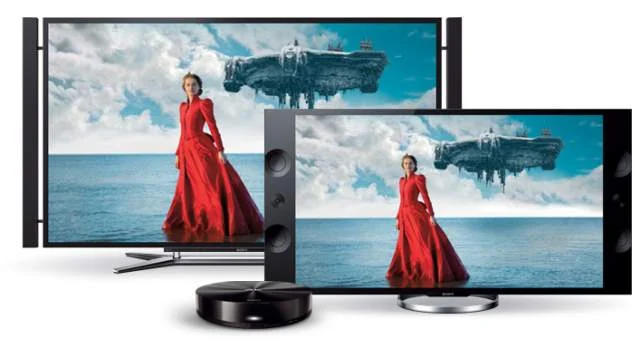ABI Research analysts say North American households with 4K TVs are expected to pass 10% by the end of 2018.
Asia-Pacific, notably, China, is expected to lead 4K (or Ultra HD) TV unit shipments. However, the North American market is anticipated to be the first region to eclipse 5% (in 2017) and 10% (by end of 2018) of TV households. Despite limited 4K content, declining 4K TV prices will facilitate the expansion of the installed base through normal upgrade cycles.

“Despite a very limited installed base there have already been a number of 4K trials from broadcasters, pay TV operators, and satellite operators,” senior ABI analyst Michael Inouye said.
“While many point to the 2014 FIFA World Cup in Brazil and Sochi Winter Olympics as highlights for 4K, these events will have a minimal impact on 4K adoption – it’s simply too early.”
Price remains the most critical factor for 4K TV adoption, but OTT services like Sony’s Video Unlimited 4K service and display features such upscaling will help early adopters bridge the content gap and raise consumers’ valuation of 4K as a TV feature.
Consumers are conditioned from the mobile market to perceive value in higher resolution screens, with marketing such as Apple’s Retina Display branding the experience. This halo should carry over to 4K TVs. In addition, as new products that support 4K hit the market, like the upcoming next generation consoles from Microsoft and Sony or select Qualcomm Snapdragon 800 based mobile devices, consumer awareness will continue to expand.
“Unlike 3D, which required awkward glasses, 4K has the legs to become an industry norm. This isn’t a sprint, however, and it will take time for the necessary infrastructure, installed base of devices, and content to come together before 4K becomes an integral part of how the typical TV household consumes video content,” Practice Director Sam Rosen explained.
“We expect this could start to happen as early as 2018 in some regions. In the meantime, many consumers will have 4K panels without 4K content, or 4K game consoles without a 4K display, and will claim a superior 4K experience even though the technical merits are not quantifiable.”






